

A warping machine for blankets is a crucial piece of equipment in the textile industry, designed to prepare yarn for the weaving process. This machine efficiently arranges yarns into a parallel sheet, ensuring uniform tension and alignment, which is essential for producing high-quality blankets. Compact yet powerful, a small warping machine is perfect for manufacturers focusing on niche or smaller-scale blanket production. It not only enhances productivity but also minimizes material waste, making it an ideal choice for businesses aiming to optimize their operations without compromising on the quality of their products.

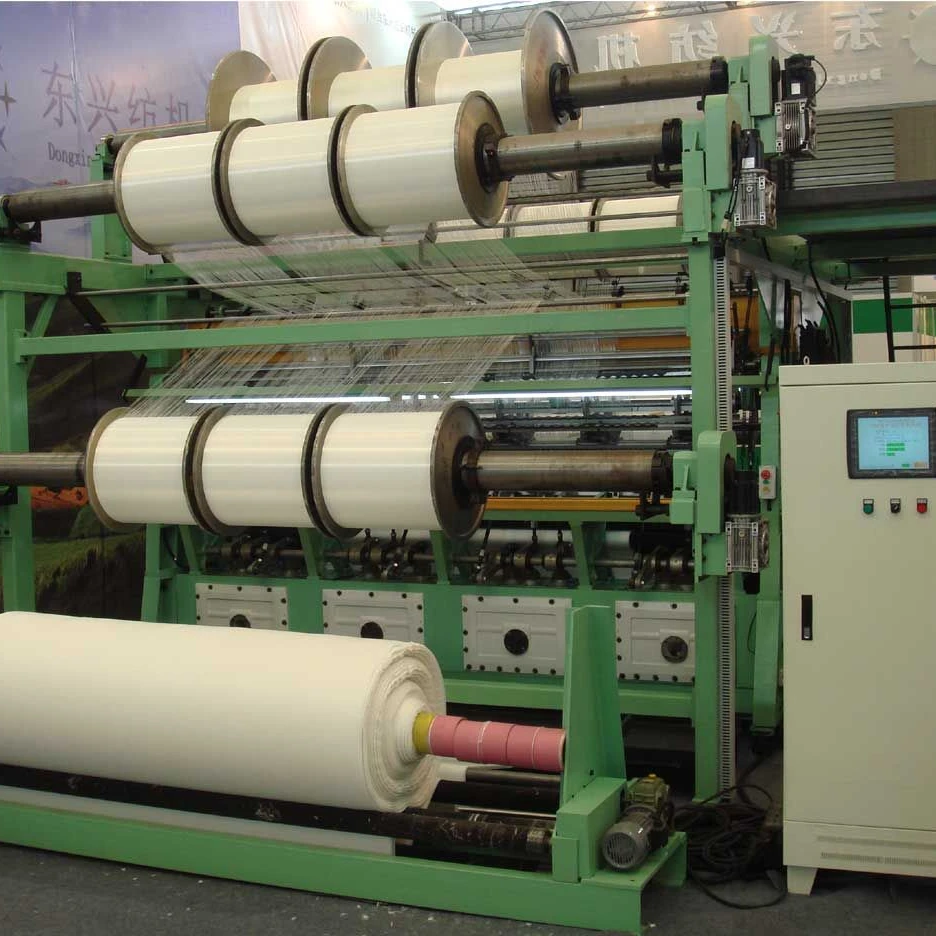

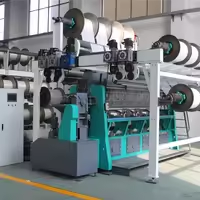





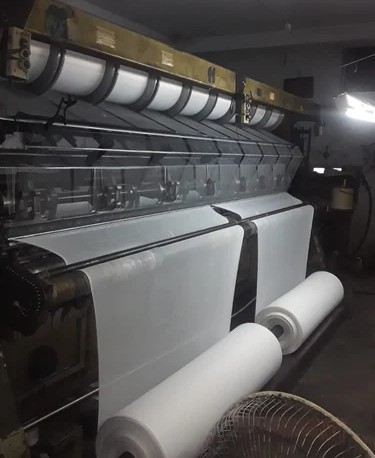
A Raschel knitting machine is a highly versatile and efficient warp knitting machine widely used in the textile industry. It utilizes a latch needle system and multiple guide bars to create a variety of fabrics, ranging from lightweight mesh to heavy-duty textiles. Known for its ability to produce intricate patterns and textures, the Raschel knitting machine is ideal for making lace, netting, tulle, and other openwork fabrics. These machines can handle a diverse range of yarns, including both synthetic and natural fibers, making them suitable for various applications such as apparel, home textiles, automotive textiles, and technical textiles. Modern Raschel machines are equipped with computerized controls, enhancing precision and productivity, and enabling high-speed production of complex designs. This combination of versatility, efficiency, and advanced technology makes Raschel knitting machines a staple in the textile manufacturing industry.
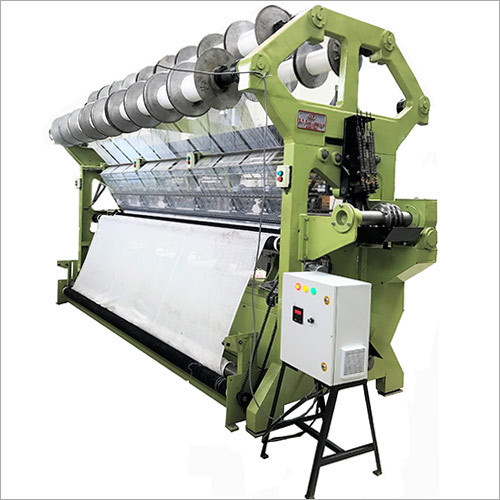
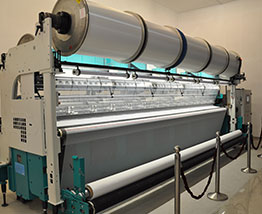

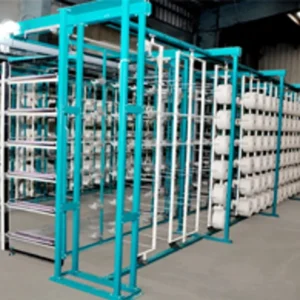
A slitting machine is an industrial device used to cut large rolls of material, such as paper, plastic, metal, or fabric, into narrower strips or rolls. The process, known as slitting, involves unwinding the large roll, passing it through a series of blades or knives that precisely slice the material to the desired width, and then rewinding the cut strips onto individual rolls. Slitting machines are essential in industries where materials need to be processed into specific sizes for further manufacturing or packaging, offering high precision, efficiency, and the ability to handle various types of materials.
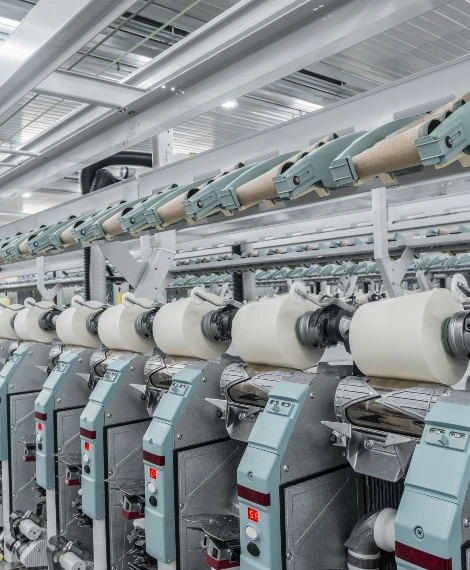
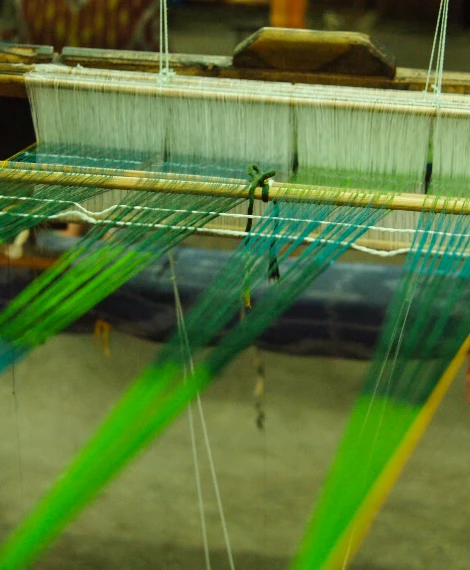



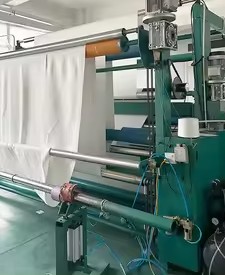


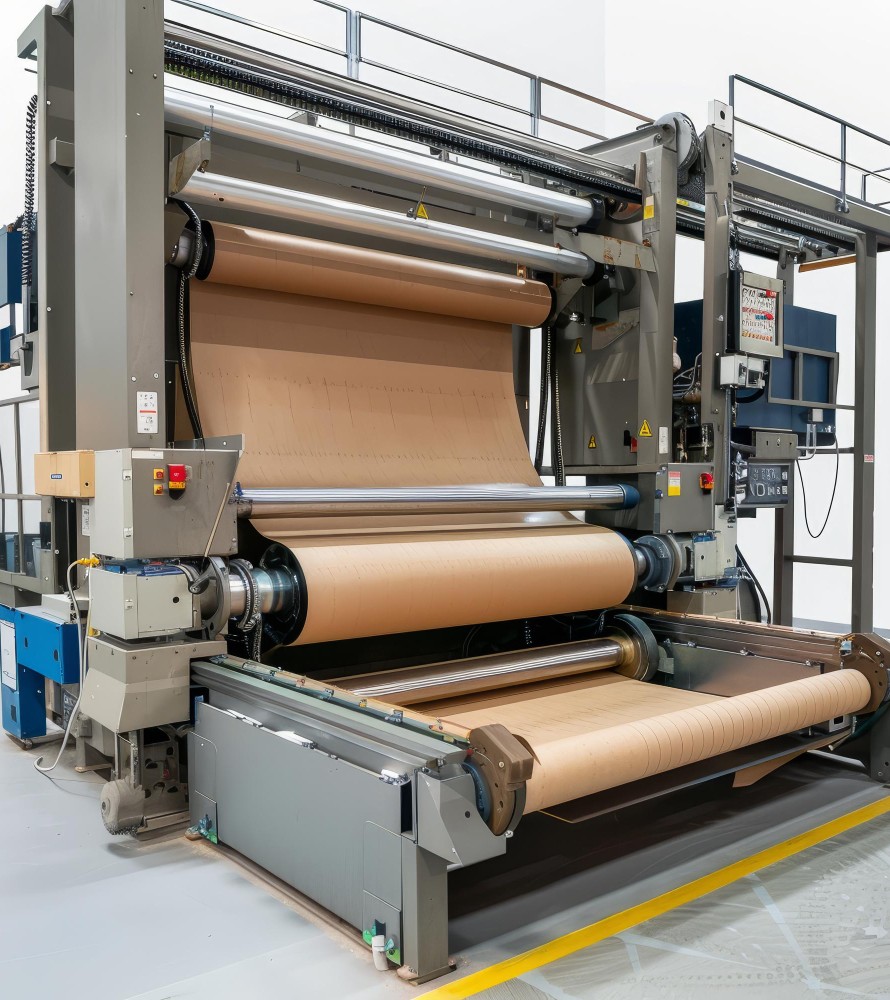

A polishing machine is an industrial tool used to smooth, refine, and enhance the surface finish of various materials, including metals, wood, glass, and plastics. It operates by using abrasive materials, such as polishing pads, wheels, or belts, to remove surface imperfections, scratches, and oxidation, resulting in a shiny, polished surface. Polishing machines are widely used in manufacturing, automotive, and metalworking industries to achieve a high-quality finish on products like jewelry, car parts, and machinery components. They vary in size and complexity, from handheld devices for small tasks to large automated systems for industrial applications.
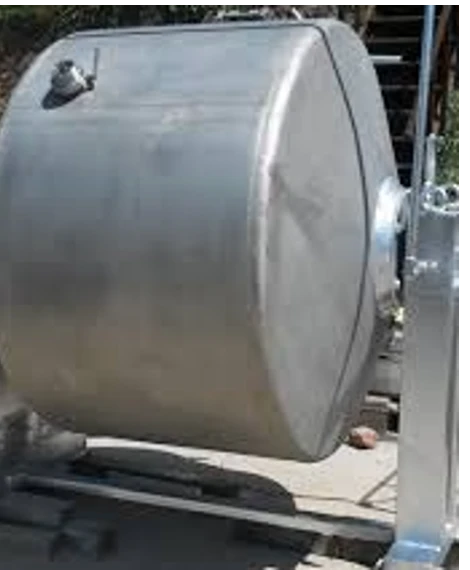

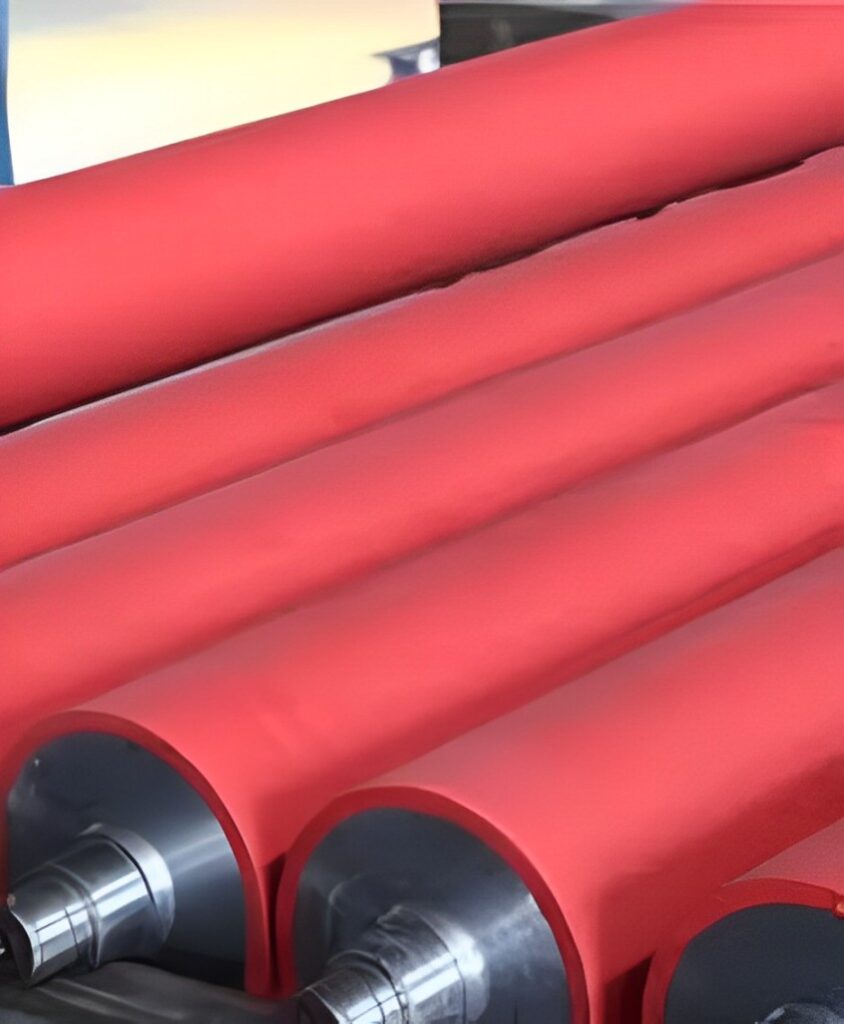

A printing machine is a device used to transfer text, images, or patterns onto various substrates such as paper, fabric, plastic, or metal. There are different types of printing machines, including offset, digital, flexographic, screen, and gravure printers, each suited for specific printing needs and materials. The process involves applying ink to the substrate through a series of steps that may include plate-making, ink application, and drying or curing, depending on the machine type. Printing machines are essential in industries such as publishing, packaging, textiles, and advertising, enabling mass production of printed materials with high precision and consistency.
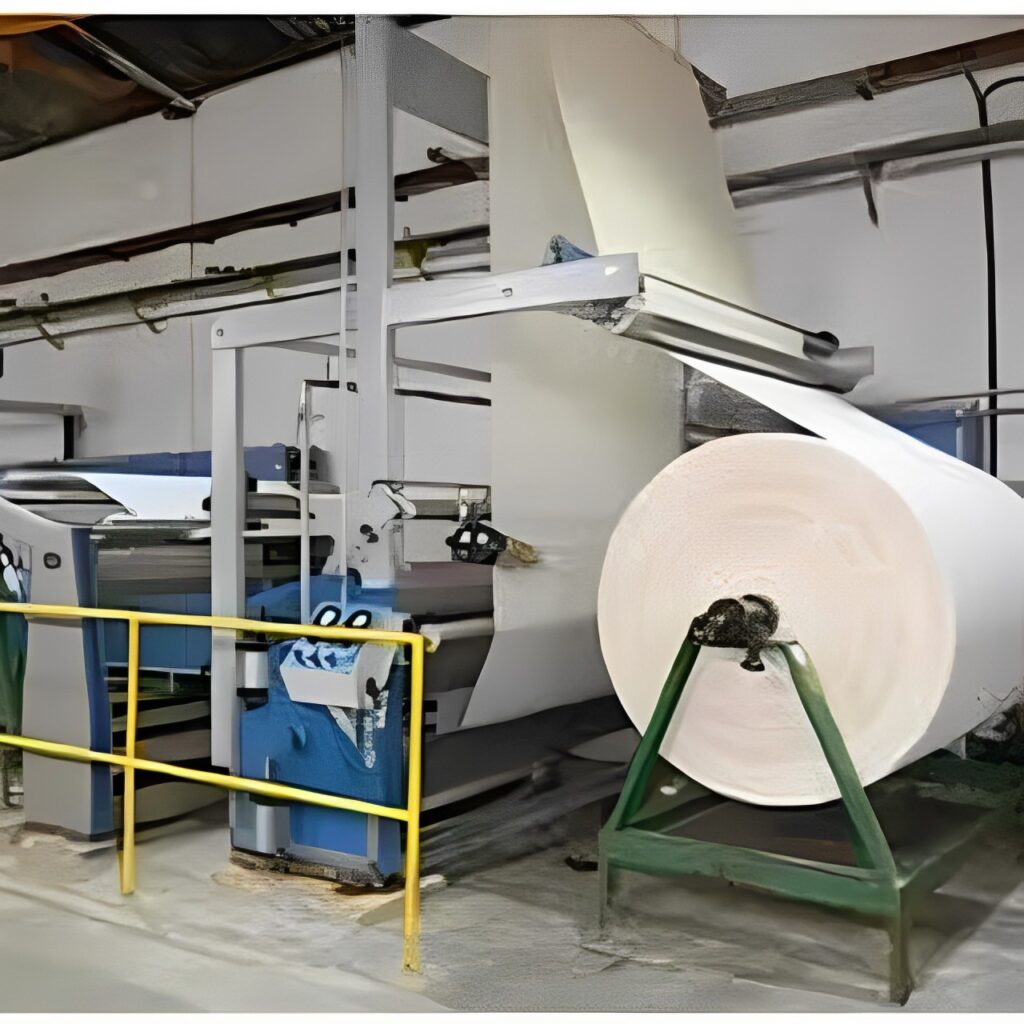
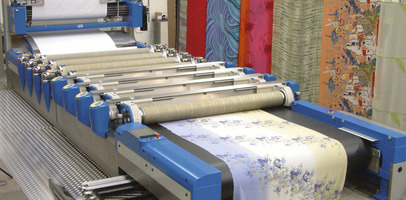
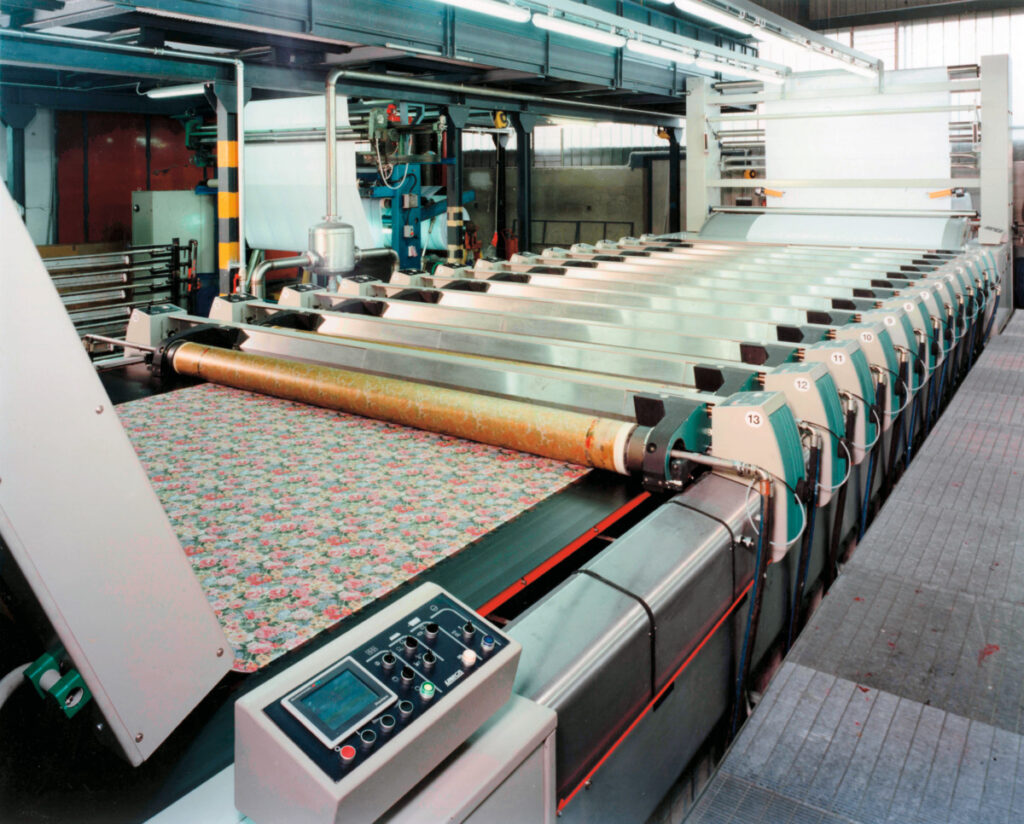
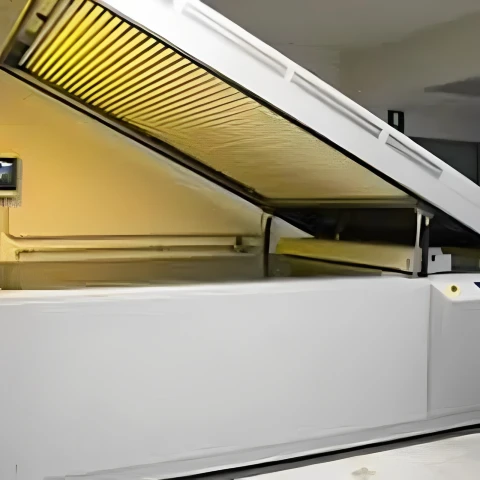






A washing machine is a household appliance designed to clean laundry, such as clothing, towels, and linens, by using water and detergent. It operates by agitating the clothes within a drum, which is filled with water, to remove dirt, stains, and odors. Washing machines come in various types, including top-loading, front-loading, and portable models, each offering different features such as variable water temperature, spin speed, and wash cycles. Modern washing machines often include energy-efficient settings, automatic dispensers, and smart technology integration, making them an essential tool for convenient and effective laundry care in homes and businesses.


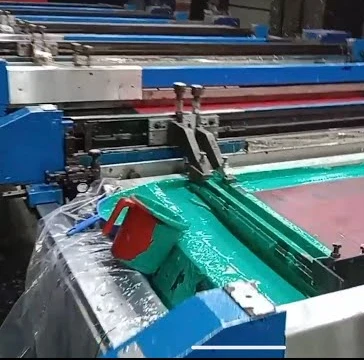
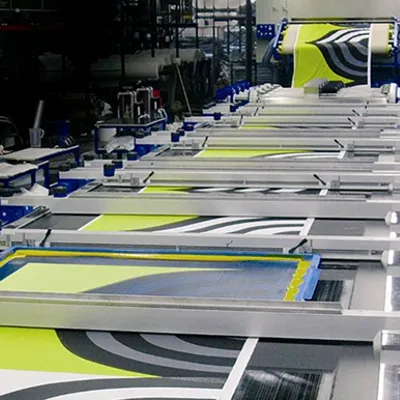
Finishing machines play a crucial role in the textile and manufacturing industries by enhancing the appearance, texture, and performance of various products. These machines are designed to perform a range of finishing processes, such as polishing, coating, heat-setting, and embossing, which improve the final quality and durability of the materials. In the textile industry, finishing machines are used to apply treatments like softening, water-repellent coatings, and wrinkle resistance to fabrics. In manufacturing, they are essential for refining surfaces, deburring edges, and adding protective layers to metals, plastics, and other materials. Advanced finishing machines often incorporate automated and computerized controls, ensuring precise and consistent results while increasing efficiency. Their versatility allows them to handle different types of materials and finishes, making them indispensable for producing high-quality, aesthetically pleasing, and functional end products.
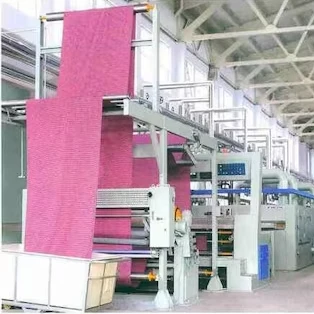
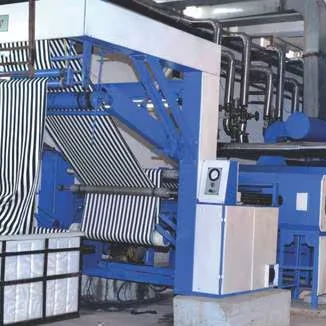
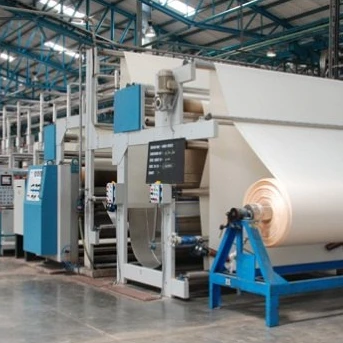
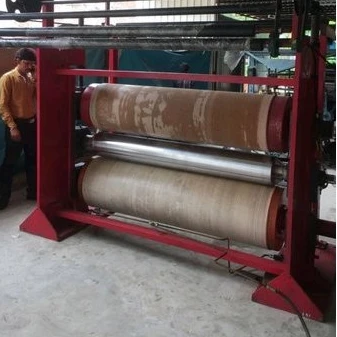

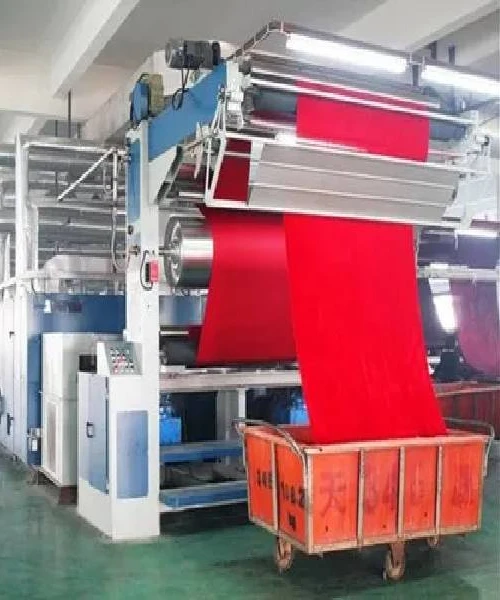




An embossing machine is a device used to create raised or recessed designs, patterns, or text on various materials such as paper, leather, fabric, metal, or plastic. The process of embossing involves pressing a die (a specialized tool with the desired pattern) against the material, applying pressure and sometimes heat to achieve a three-dimensional effect. Embossing machines are widely used in industries like printing, packaging, and manufacturing to add decorative elements, logos, or branding to products such as stationery, book covers, packaging, and even credit cards. The result is a textured surface that enhances the visual and tactile appeal of the item, often conveying a sense of luxury or craftsmanship.



A cutting machine is an industrial tool used to precisely cut materials such as metal, wood, fabric, plastic, or paper into specific shapes, sizes, or patterns. These machines come in various types, including laser cutters, CNC (Computer Numerical Control) cutters, plasma cutters, and die-cutting machines, each designed for different materials and cutting requirements. Cutting machines are essential in manufacturing, construction, textile, and packaging industries, where accuracy, speed, and consistency are crucial. They enable the efficient mass production of components, parts, or products, reducing material waste and ensuring high-quality results.
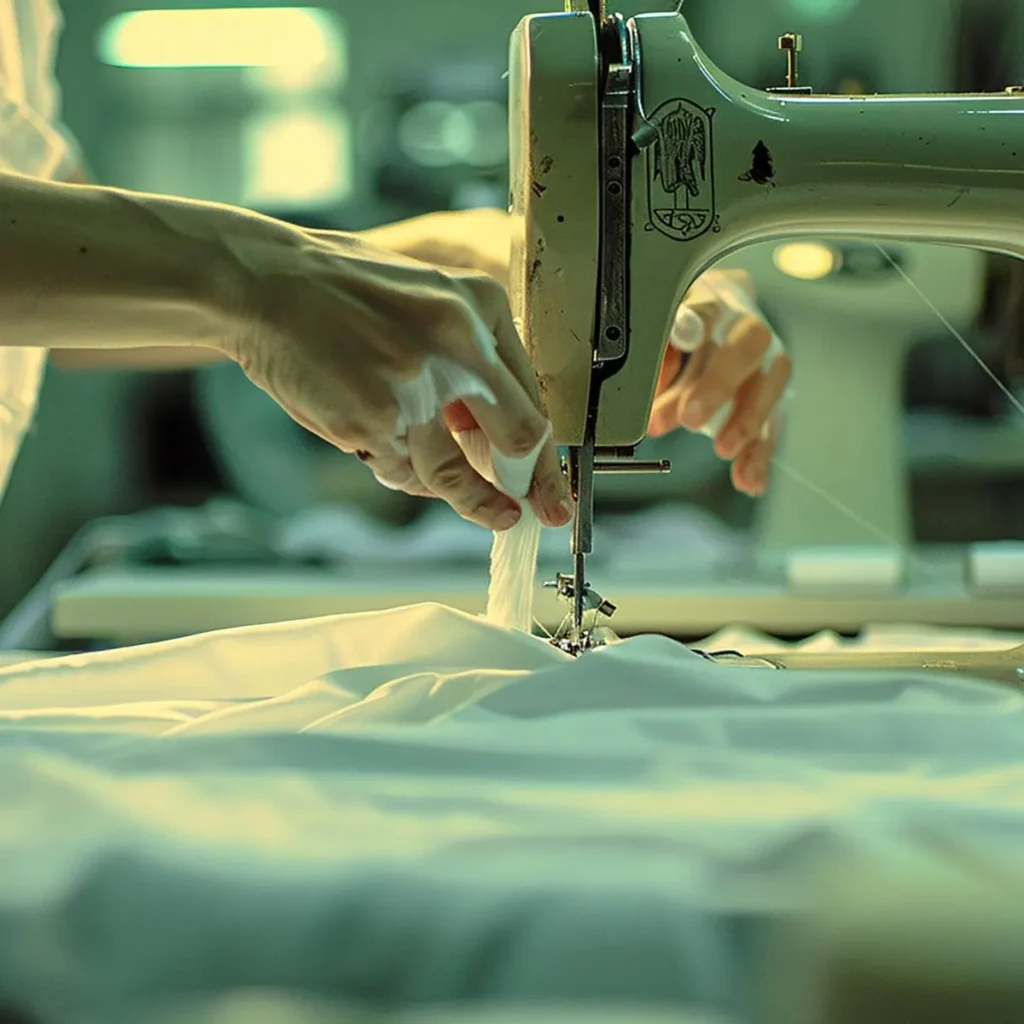
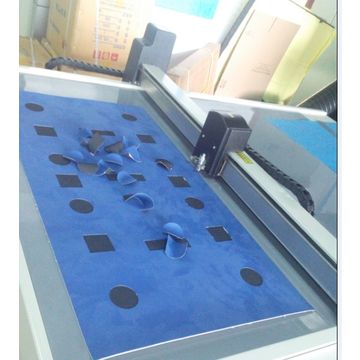






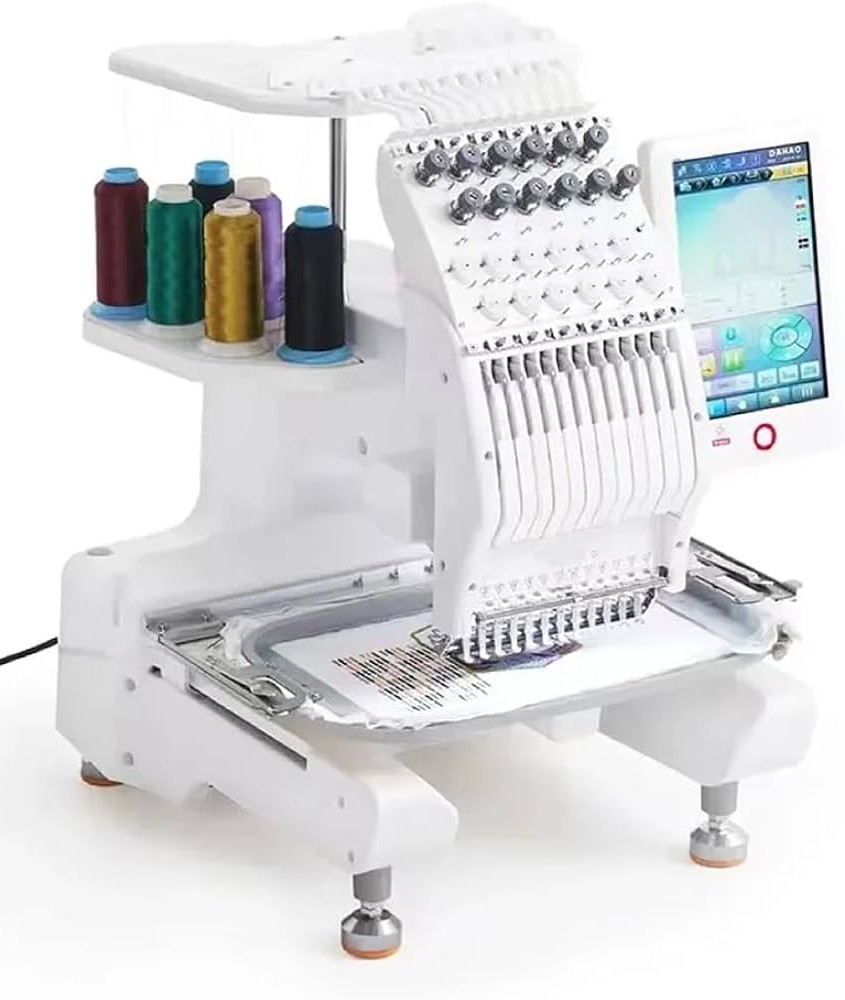

A stitching machine, commonly known as a sewing machine, is a device used to join fabrics or other materials together with thread. It operates by creating stitches, typically using a needle and thread, to sew pieces of fabric together for various purposes, such as making garments, upholstery, or other textile products. Sewing machines come in different types, including domestic models for home use and industrial machines for large-scale production. They can perform a range of functions, from basic straight stitches to complex decorative patterns, and are essential tools in the fashion, textile, and upholstery industries, offering precision, speed, and consistency in stitching.

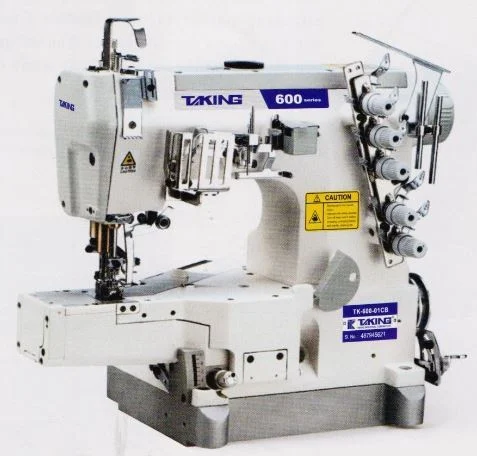
At VARDHMAN TEXO FAB, we are committed to providing premium textiles across India. With top-notch manufacturing and strict quality control, we ensure that every product meets the highest standards of craftsmanship and durability.
Our delivery network spans the entire country, ensuring timely and reliable service to all corners of India.
Experience seamless delivery of quality textiles, anywhere in India.
Compress(170kg)
Vacuum(130-140kg)
Carton
Roll Packing





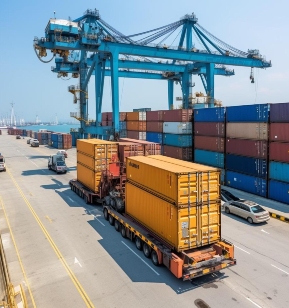




A flatbed printing machine is a versatile and advanced device used in the printing industry for directly printing on various rigid and flexible substrates. Unlike traditional printing methods, flatbed printers utilize a flat surface, or bed, on which materials such as wood, glass, metal, ceramics, plastics, and even textiles are placed. The printing process typically employs UV-curable inks, which are instantly dried using UV light, ensuring vibrant colors and high durability. Flatbed printers are capable of producing high-resolution images and intricate designs, making them ideal for creating custom signage, promotional items, packaging, and decorative pieces. Their ability to handle a wide range of materials and thicknesses, along with the precision and speed of digital printing technology, makes flatbed printing machines a popular choice for businesses seeking to offer personalized and high-quality printing solutions.







We currently export yarn to various nations, where it is used to create exquisite things, in addition to using it in our own products. Our yarn is gorgeously colored, of the highest caliber (GRS-approved), and offers more durability. We are also regarded as one of the largest producers of recycled yarn in India, converting your waste yarn into incredibly reasonably priced, superior fabric.
Yarn production is a critical process in the textile industry, involving the conversion of raw fibers into yarn, which is then used to create fabric. The process begins with the preparation of fibers, which can be natural (like cotton or wool) or synthetic (like polyester or nylon). These fibers are cleaned, straightened, and then spun into yarn through various methods, such as ring spinning, open-end spinning, or air-jet spinning, each offering different characteristics to the yarn




The daily operations of our manufacturing facilities prioritize recycling. Recycling gives us the ability to create new, exquisite products out of recycled items that we have purchased from different merchants. Owing to our excellent and trustworthy process and dedication to deliberate standards (GRS certification), we also export recycled woolen to several nations.
Woolen recycling is an environmentally friendly process that repurposes woolen garments and fabric waste into new products, reducing waste and conserving resources. This process begins with the collection of woolen items that are no longer usable in their current form, such as damaged clothing, offcuts from manufacturing, or outdated textiles. These items are then sorted by color and material type, as wool needs to be recycled separately from other fibers due to its unique properties.





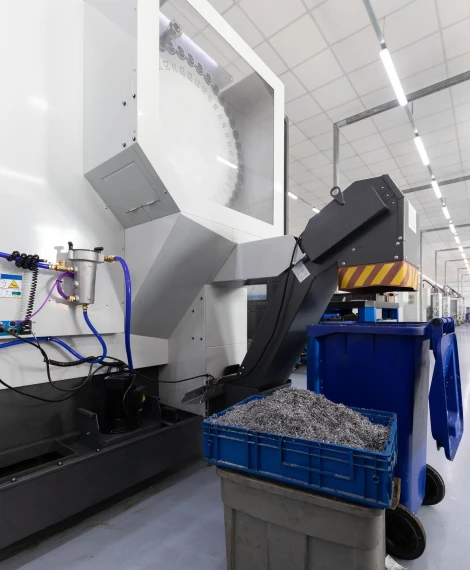

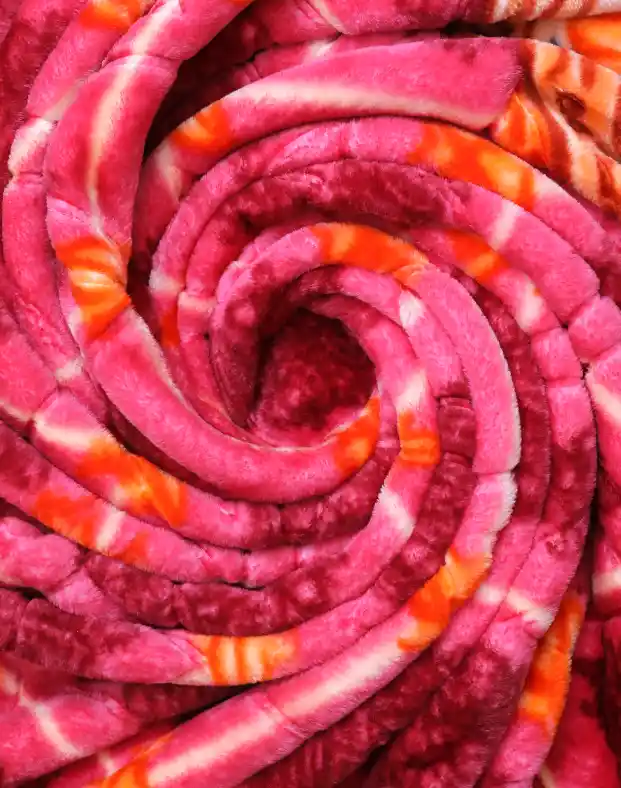
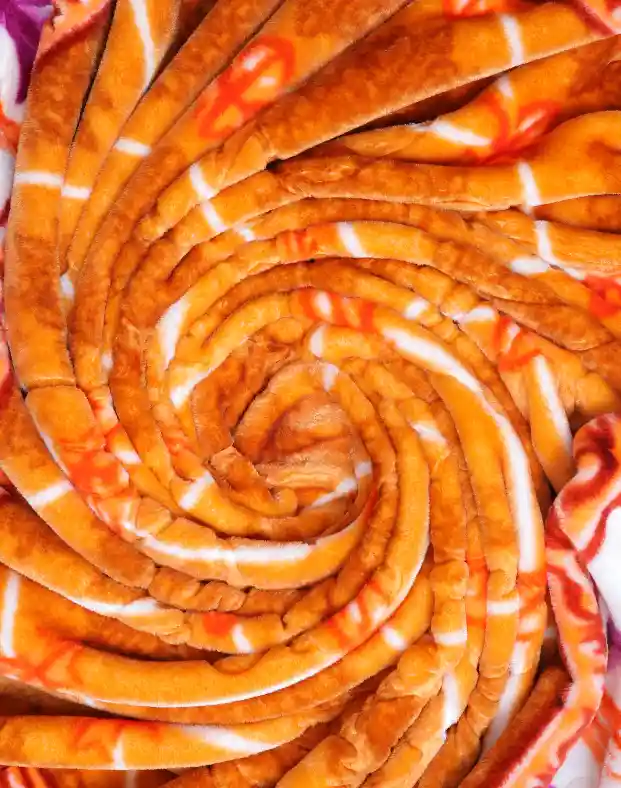
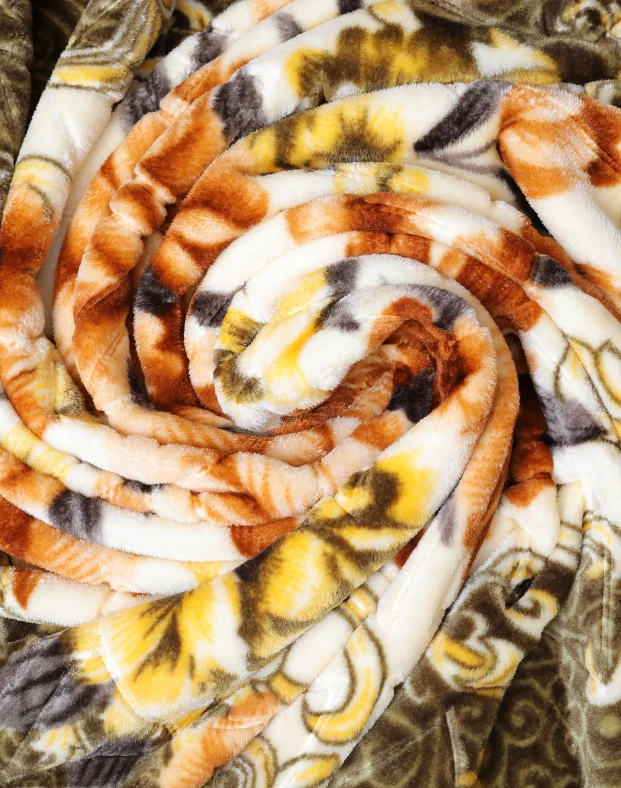


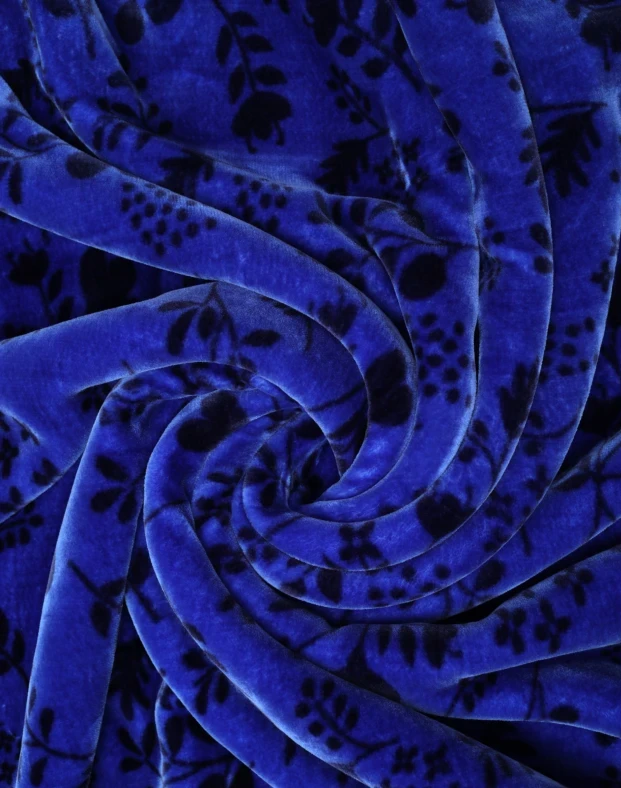
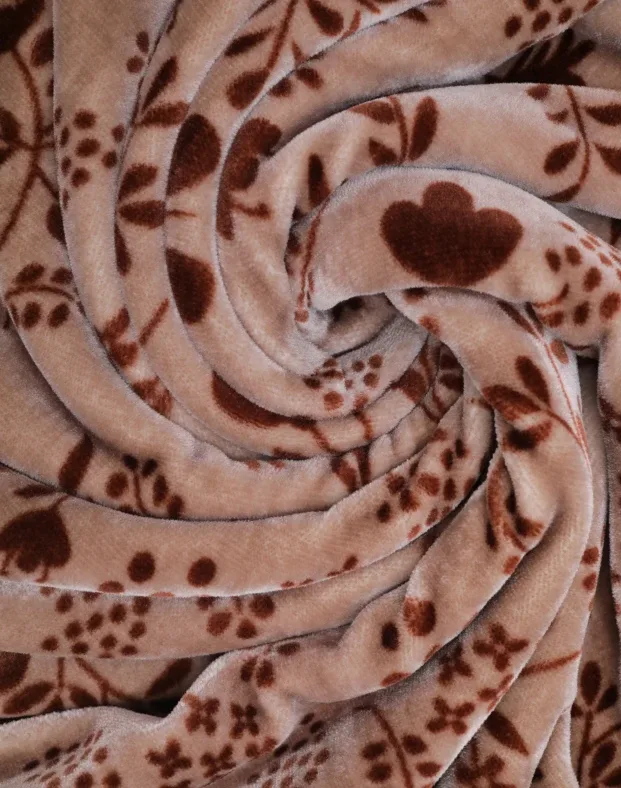
Copyright © Vardhman Texofab 2025. All Rights Reserved. | Designed by Grid IT Solutions